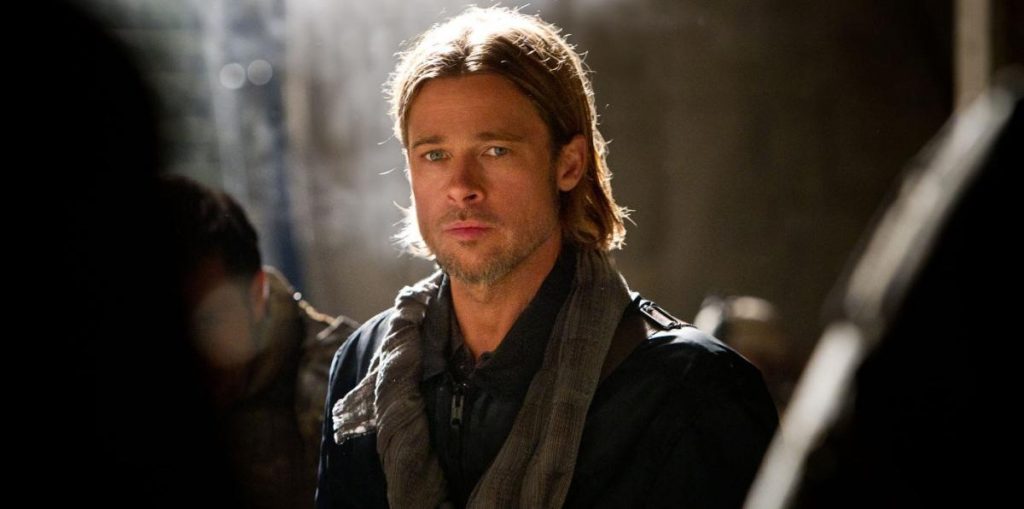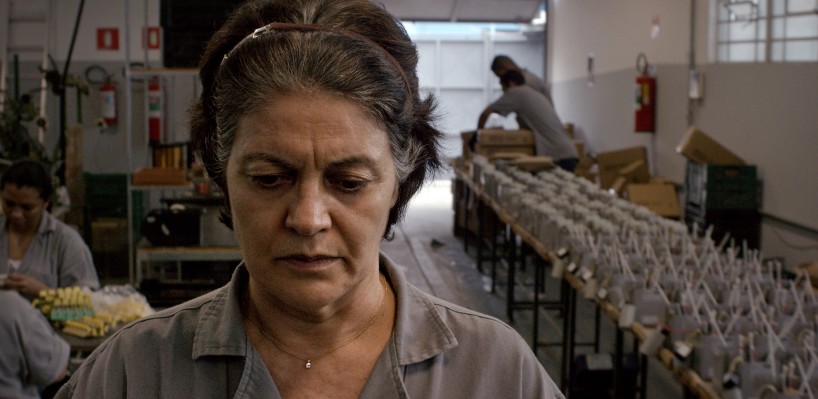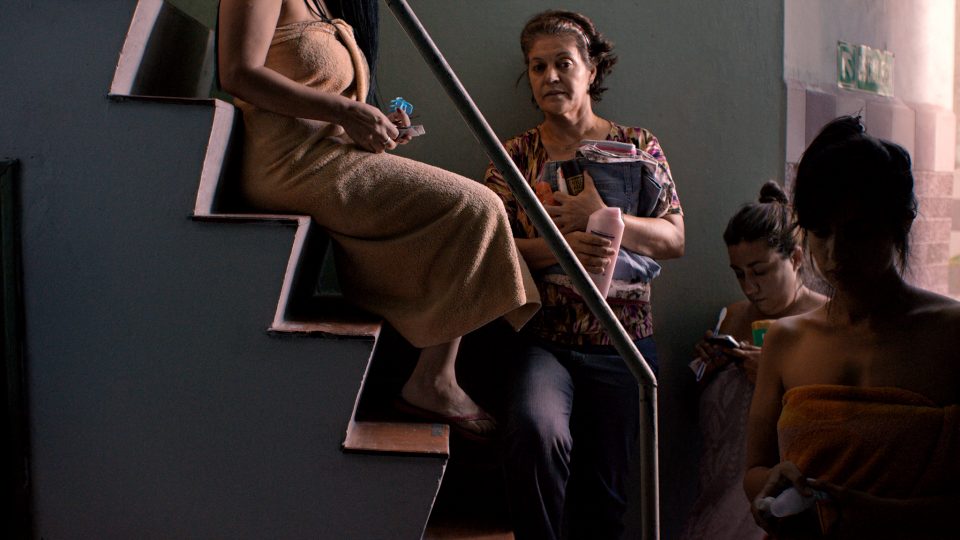
A road trip with her brother helps reanimate a middle-aged woman who recently lost her job in this delicately calibrated debut.
Debuting director Caroline Leone’s “A Window to Rosália” premiered in Rotterdam’s “Bright Future” section, which is an apt prediction for the filmmaker as well as, to a somewhat more limited degree, her protagonist. An understated, delicately calibrated view into the life of a 63-year-old woman just laid off from her factory job in São Paulo, “Window” never pushes but gives quite a bit, focusing on the character’s initial depression and then, slowly, on an opening into a new life. Rosália’s sadness isn’t completely gone, and her future remains uncertain, but by the film’s end, audiences sense that she’ll recover her equilibrium and, who knows, open herself up a bit more to life’s enjoyments. Leone’s sensitivity and sure-handedness deserve more than Fipresci recognition, and her film should engage programmers and fest audiences alike.

Rosália (Magali Biff) is the no-nonsense production manager in an electronics factory where she’s been employed for 30 years. Her life is one of routine: hard work, the satisfaction of doing household chores, and then occasional embroidery to avoid being idle. Leone’s script doesn’t volunteer much information; it’s all in the quiet visual details, and whatever particulars are needed arrive organically, without exposition. One day her boss tells her a merger is in the works, and she’s laid off: Thank you very much, no need to come back.
The shock sends her into a tailspin of depression. Unwilling to leave her in this state, Rosália’s brother Zé (Cacá Amaral), a chauffeur, insists she join him as he drives to Buenos Aires to deliver a car to his clients. What follows is a classic road trip, handled with a fine sense of low-key rhythm that reaches the first of two climaxes beside the roar of Iguaçu Falls. Until then, Rosália remains shut down, unable to see a future for herself without the structure (and presumably the income) of employment. But then Zé stops at Iguaçu in the hope of getting his sister out of her funk. The power of the falls intimidates her at first, but with Zé’s coaxing she ventures further out onto the viewing platform, places her hands on the rail, closes her eyes, tilts her head up, and allows the force of the water and spray to subsume everything else.

The change is barely perceptible, and the hesitant smile doesn’t linger long, but it feels like there’s been a crack in her melancholy. The scene is terrifically edited as the siblings approach the main part of the falls, with each shot using the sound and power of the thundering torrent to build to a sense that an important breakthrough has been achieved. Back on the road, in an Argentine spa town not far from the Brazilian border, Rosália loosens up a little further in the company of a group of boisterous peers whose infectious high-spirits are hard to completely resist. Leone’s discreet, respectful handling is again revealed when she shows her protagonist taking a raffle number, but not the moment when she wins. Rosália views the prize, a bright blue shirt with silvery gewgaws, with deep skepticism, but shortly thereafter, when she has it on, audiences know for certain she’ll be engaging with the world around her.
Even the film’s titles (the Portuguese original translates as “Through the Window”) have a restrained yet poetic ring: And by using “window” rather than “door,” the director acknowledges a more hesitant opening that Rosália passes through. Leone defers to the character she constructed rather than to the audience, though she manages to be honest with both. Equally vital to this concept is lead actress Biff, who fine-tunes her reactions and downplays any jarring sense of catharsis – the hint of a smile is sometimes more effective (and more genuine) than an ear-to-ear grin. Paired with Cacá Amaral’s supportive warmth, the duo embody a deeply satisfying naturalism, abetted by Claudio Leone’s finely tuned lensing.